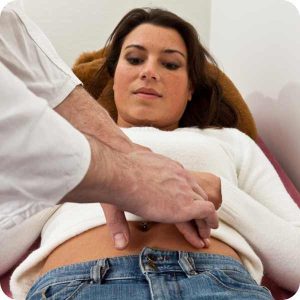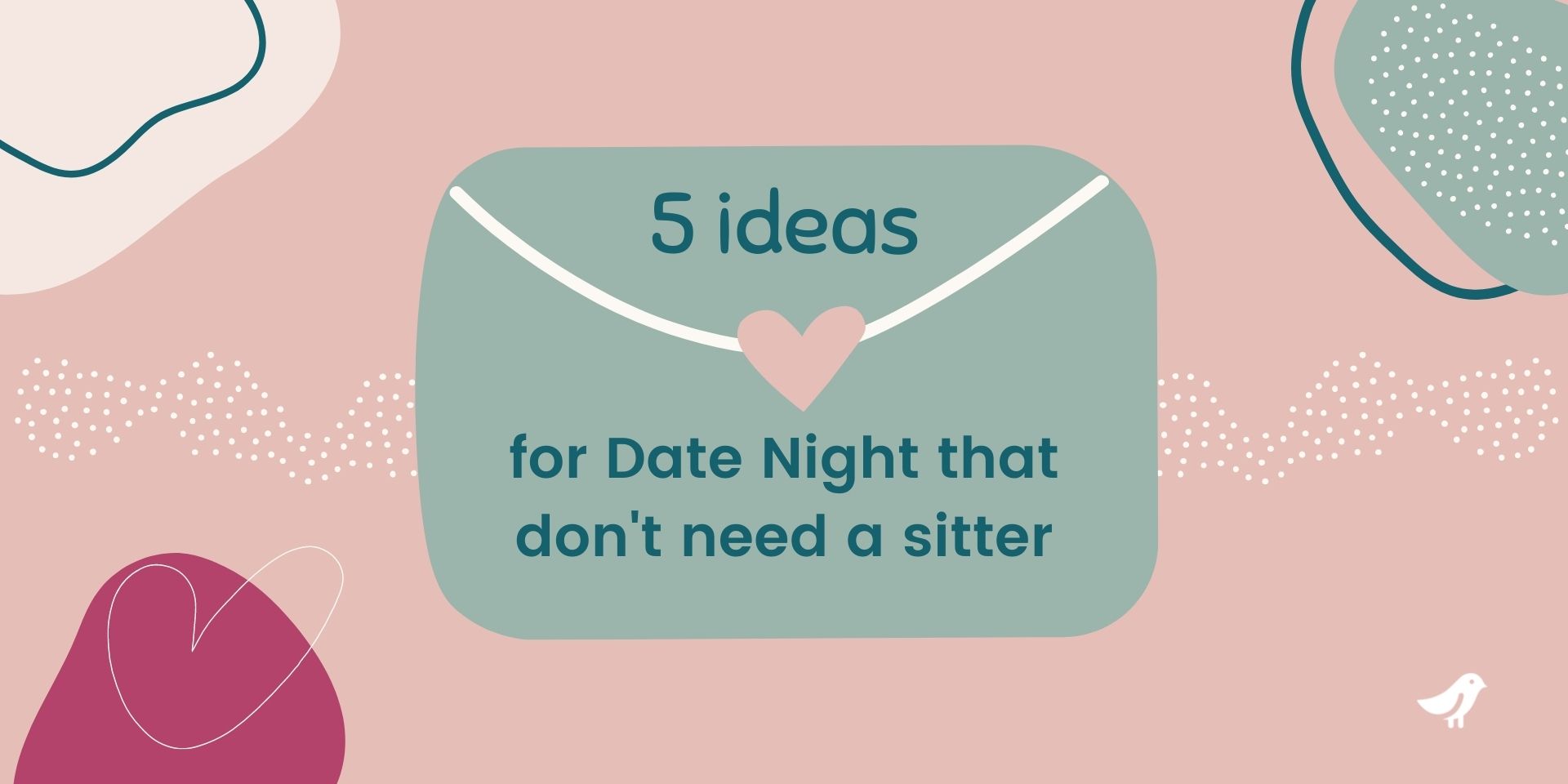 In the depths of raising tiny humans, the last thing on our minds as mothers is menopause – and whatever comes before it. But there will be a time when aunt flow will no longer be what it used to, and in its place come hot flushes, night sweats, chills… and the mood swings.
In the depths of raising tiny humans, the last thing on our minds as mothers is menopause – and whatever comes before it. But there will be a time when aunt flow will no longer be what it used to, and in its place come hot flushes, night sweats, chills… and the mood swings.
Perimenopause can start from our 40s, and while there’s plenty out there on body changes during puberty and pregnancy, the same cannot be said for this life stage. Women’s health physiotherapist Carolyn Sultana works to change this, empowering women with knowledge about their bodies along the years.
In our latest interview, Carolyn shares information on perimenopause, the age we should be aware of symptoms, how to prepare our bodies for it, and tips for strengthening our pelvic floor. Check it all out below!
What is perimenopause, and at what age should women be aware of symptoms?
Menopause is a natural biological process and it is defined as the time that marks the end of menstrual cycles and confirmed when a woman has gone 12 months without a menstrual period. This happens at the average age of 51 however perimenopause is the period before this. Women can be in perimenopause in their 40s or 50s and it is the period of time where physiotherapy is of importance to prepare the woman’s body. During perimenopause, hormones, namely oestrogen and progesterone are fluctuating and feel all over the place.
Shockingly the NICE guidelines say that “the prevalence of pelvic organ prolapse is high; in primary care in the UK, 8.4% of women reported vaginal bulge or lump and on examination prolapse is present in up to 50% of women. One in 10 women will need at least one surgical procedure and the rate of re-operation is as high as 19%!”
Ideally women are given the opportunity to take complete control before perimenopause surprises them so they are ready and prepared.
These symptoms include:
- vaginal dryness
- hot flushes
- chills
- night sweats
- sleep problems
- mood changes
- weight gain and slowed metabolism
- thinning hair and dry skin
- loss of breast fullness
 How does menopause affect the pelvic floor?
How does menopause affect the pelvic floor?
As the woman approaches her late 30s, the ovaries start making less oestrogen and progesterone – the hormones that regulate menstruation – and fertility declines. In her 40’s, menstrual periods may become longer or shorter, heavier or lighter, and more or less frequent and, eventually, on average by age 51, the ovaries stop releasing eggs and the period stops. Women can also experience menstruation following surgery to remove the ovaries or post chemotherapy and radiation treatment. This hormone reduction leads to the tissues of the vagina and urethra to lose elasticity and a person might experience frequent, sudden, strong urges to urinate and sometimes finds they are unable to reach the toilet in time (urge incontinence).
Leakage with a cough, laugh, sneeze or general exercise also increases (stress incontinence). Women can also start complaining of more frequent urinary tract infections. Vaginal dryness can also have an impact on sexual function as the woman might feel discomfort, pain or slight bleeding on penetration. Also decreased sensation in the vagina may reduce the desire for sexual activity. Fluctuating hormone levels can also cause bowel problems, such as constipation, incomplete emptying, faecal incontinence, problems with controlling wind, rectal prolapse, haemorrhoids or pain from anal fissures. Weakness of the pelvic floor muscles make women more likely to suffer from prolapse in perimenopause and menopause.
What can women do to strengthen their pelvic floor around perimenopause?
It is recommended that around perimenopause, women pay some extra attention to the pelvic floor. Such weakness can have devastating consequences, especially if it results in urinary leakage, unwanted faecal soiling, and problems with sex. It is best not to wait until menopause to address these issues. Therefore:
- Practise pelvic floor exercises daily and if unsure how to do them book an appointment with a women’s health physiotherapist.
- Use a proper position when emptying bowels: your hips need to be higher than your knees. Use a footstool in front of the toilet and place your feet on top of the footstool and lean forward. Take your time to empty the bowels and not strain.
- The vagina lacking in oestrogen will feel itchy and painful and therefore a woman would benefit from a consultation with the gynaecologist for prescription of a good vaginal lubricant or topical oestrogen (HRT).
- Keep hydrated with water and limit your intake of caffeine in a day.
Continence issues often increase with menopause and studies show that women will wait for about 6 years before they seek help. They will likely mention this to the doctor if she is female, looks interested and is old enough!
Pelvic floor health is a lifetime commitment and if done correctly can help women avoid so many unnecessary and uncomfortable symptoms in their life. We tend to assume that just because we had a baby or because we are growing old that having a bit of leak is normal. Some women assume that bowel changes need to be accepted and that sex is only for the young ones! A women’s health physiotherapist can guide women throughout these stages in life and offer advice and the right exercises for the situation.
Thank you so much Carolyn for working so hard to support us women throughout all life’s stages!
 About Carolyn Sultana
About Carolyn Sultana
Carolyn Sultana is a Women’s & Men’s Health Physiotherapist. She specialises in antenatal and postnatal issues such as pelvic and low back pain, diastasis recti, exercise during pregnancy, return to exercise postpartum and management of scars, both after perineal tears or c-section scars. Pelvic floor physiotherapy is also important for people with pelvic organ prolapse, urinary or faecal incontinence, urgency or straining. Ms Sultana also specialises in the treatment of sexual pain and dysfunction related to issues with the pelvic floor muscles.
You can find her at St Anne’s Birkirkara, MyMama Naxxar, Willingness Ħaż Żebbug and Abela’s pharmacy in Gozo.



